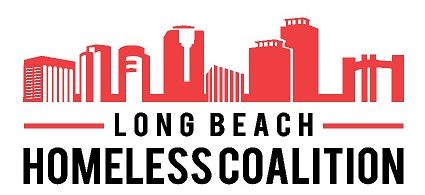Last Monday evening, May 15th, Bay Shore Congregational Community Church hosted a Town Hall Forum on Mental Illness. First to speak was Steve Pitman, National President of National Alliance on Mental Illness (NAMI). Also presenting were Dave Pilon, CEO, and Leslie Giambone, LCSW, of Mental Health America, and Brian Nystedt from the Long Beach Police Department.
The main theme across the board for all the speakers this evening was the importance of communication. We need to talk about mental illness, because it is such an isolating disease and it?s a disease that thrives in isolation. Talking about mental illness brings it out into the light. It decreases stigma and encourages and promotes recovery. Another point made was that mental illness does not discriminate. Often when we think of a mentally ill person, we think of that crazy homeless guy with wild hair who?s yelling at himself and running naked through traffic. Though there is certainly an overlap of mental illness with those experiencing homelessness, the truth is that 1 in 5 adults in the United States experiences mental illness in a given year (from NAMI ?Mental Health by the Numbers?). That?s one in every five persons, in every cross section of society. Approximately 1 in 25 American adults experiences a serious mental illness in a given year that substantially interferes with or limits one or more major life activities.
?Mental illness is not a casserole disease,? said Steve Pitman. If we announce that a loved one has cancer or has had major surgery, it?s likely that folks will line up at our door with homemade comfort foods. But if we announce a mental illness, we aren?t likely to receive these meal deliveries. In fact, our community of friends will likely thin out or disappear. Most people don?t know how to react to the announcement of mental illness, because mental illness is often not talked about, and can often seem scary. By talking about mental illness, we learn more about it?we learn how to help those experiencing mental illness, and those experiencing mental illness learn how to help themselves.
Dave Pilon talked about the four domains of recovery: Health, Home, Purpose, and Community. He talked about the importance of social connection, and how purpose and connection raises hope, which is vital to recovery. Connectedness is so important. We can?t foster connection when we are isolating or turning a blind eye. We can?t foster connection when we allow others to isolate. As a society, the more we do to foster connection with those within and around our social circle, the more we do to foster mental health. Someone from the audience asked, ?How can we get someone who needs help to the place where they can get help?? Dave said he had a six-word answer for that: ?There is no persuasion without engagement.?
Danny Gibbs, a recovered mentally ill health advocate capped off the evening with his own inspiring story. He talked about the horrors he has experienced, which included two attempted suicides, and he talked about the many years his family fought to help him through his mental illness. Danny also talked about his life now, how he?s employed and connected with deep purpose through peer advocacy, and how he is now thriving. He is not cured, he says. But he has learned how to live his life to the fullest. He credits his faith and family for the quality of life he is experiencing now. Danny knows that on any given day, he could end up hospitalized again. But he says he chooses to live each day with profound, unshakable hope.
If you see someone on the street who appears to be having an episode, remember that it?s not illegal to be mentally ill. But if it appears that someone is having an episode and they are in danger of hurting themselves or others, call someone. The Long Beach police department has specialized teams to address these situations.
Keep the conversation alive. If someone mentions mental illness to you, do not shy away from the topic. Listen with curiosity. Bring over a casserole. Offer compassion. If a friend or loved one is experiencing mental illness and you want to know how to help, educate yourself. Here?s a great place to start: NAMI, Long Beach website.
